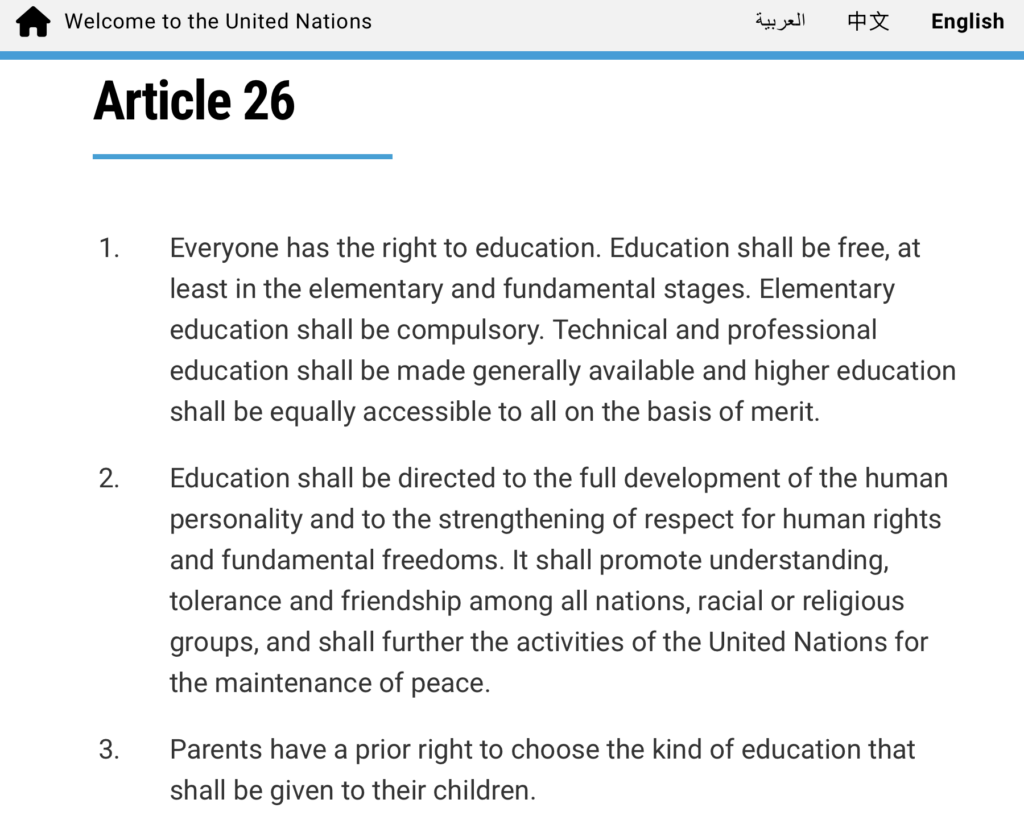In our last post we discussed the idea that LLMs are not entirely black boxes and contain high-level representations of concepts that we can identify. Through these concepts, it’s also possible to steer the conversation. The research around monosemanticity and understanding the patterns of neuronal firings inside LLMs focus on harm reduction, although the approaches the researchers developed open a whole set of other important considerations. For instance, should we guide LLMs to promote certain qualities and demote specific responses? Constitutional AI’s principles focus on what not to do rather than what would be great to do.
My sense is that the idea of LLMs reducing agency and human skill, sort of like cellphones reduced my ability to navigate a city without google maps, is a harm – and potentially a greater harm due to the meta-level it operates at. The approach to training our LLMs have led them to want to help us, and like an overly ambitious helper prevents us from the growth that comes in the process of doing. It’s this element that I’m attempting to identify as a real harm, not an imagined one, or a preference. And I hope this series of posts will help me clarify that for myself, and you, dear reader.
In the Declaration of Universal Human Rights, we find an insight into the importance of education, deep inside Article 26.2, we read:

Education shall be directed to the full development of the human personality and to the strengthening of respect for human rights and fundamental freedoms. It shall promote understanding, tolerance and friendship among all nations, racial or religious groups, and shall further the activities of the United Nations for the maintenance of peace.
Article 26.2
Two goals jump out at me:
- Promoting and maintaining peace through understanding, tolerance, and friendship.
- The full development of the human personality.
This demonstrates the relationship between education, international cooperation, and peace. It’s through the developmental approach we go through levels of understanding the self, identifying with greater and more poetic views as experience shapes us. I believe that learning and growth can be seen as an end in itself, and if LLMs stifle human development by automating developmentally important tasks (writing your resignation letter for you), there is an invisible harm that LLMs can inflict that is hard to see.
What do you think?